Trauma and Post-Traumatic Stress Disorder (PTSD)
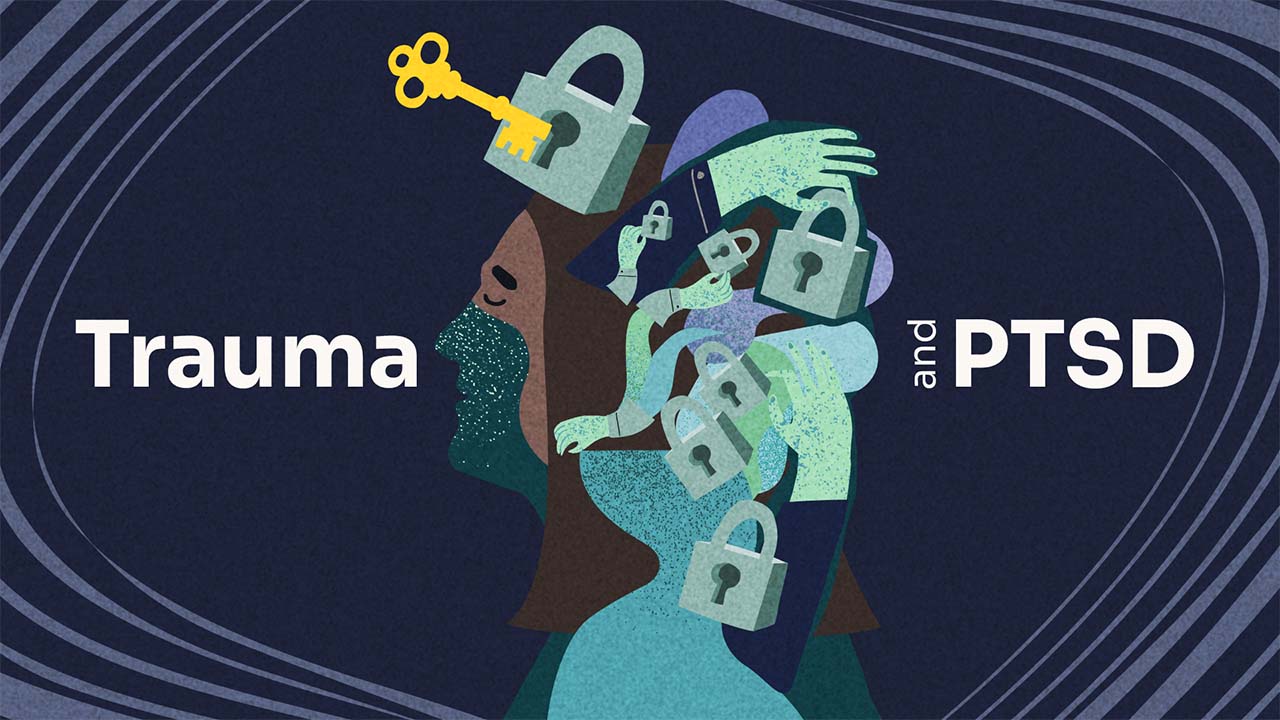

Experiencing trauma can cause significant emotional distress and subsequent impairment to a person’s ability to live a satisfying life, yet it is highly common among the general population. Some who experience trauma will go on to develop post-traumatic stress disorder (PTSD) as a result, which can have serious consequences on their physical, emotional, cognitive and financial wellbeing.
This Ausmed Course provides healthcare professionals with a refreshed and up-to-date understanding of the difference between trauma and PTSD and how providing trauma-informed care, regardless of the setting, can drastically improve patient outcomes and wellbeing.
Content
What you'll learn:
Distinguish between trauma and PTSD according to the DSM-5-TR criteria and best-practice guidelines.
Analyse how traumatic events can lead to the development of PTSD.
Apply an understanding of the role of triggers when providing trauma-informed care in your practice.
Advocate for the importance of providing individualised care plans inclusive of trauma-informed principles and best-practice therapeutic strategies.
Understand the significance of early diagnosis, professional assistance and destigmatisation in order to best support individuals living with PTSD.
Who it's for:
Why it's needed:
It is estimated that up to 75% of Australians have experienced a traumatic event at some point in their lifetime. In 2020-21, 5.7% of the Australian population had experienced post-traumatic stress disorder (PTSD).
However, stigmas and other barriers regularly prevent help-seeking for people living with a mental health diagnosis. Additionally, research indicates that nurses also commonly self-report insufficient knowledge and low self-efficacy regarding PTSD education and training.
The provision of comprehensive mental health education is vital for reducing stigma, and through the integration of trauma education, clinicians can be better prepared to address this prevalent issue and improve patient outcomes and overall wellbeing.
It is therefore essential that healthcare professionals are equipped with the necessary knowledge to identify, support and provide effective trauma-informed care for all individuals, and especially those living with PTSD, in order to improve their care and outcomes.
Purpose:
Topics
Assign mandatory training and keep all your records in-one-place.
Find out more
Recommended resources
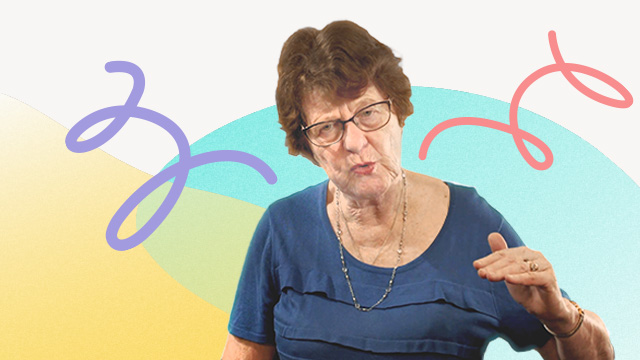
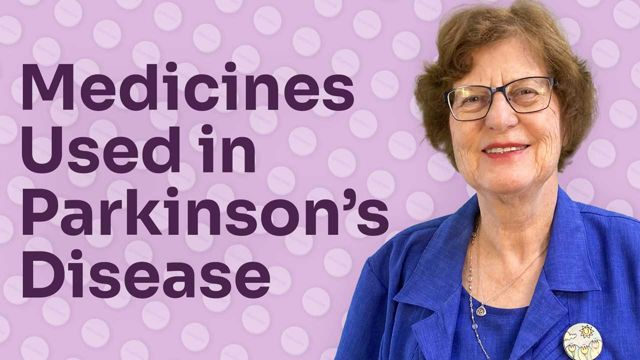
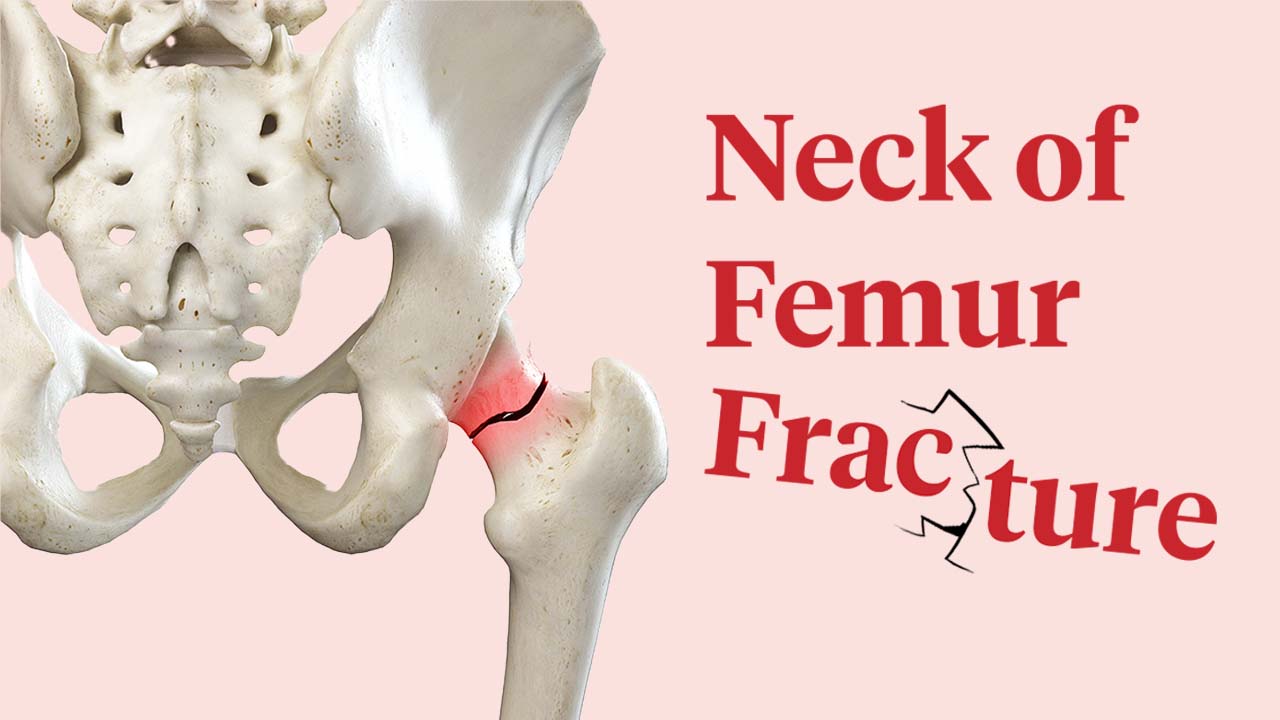
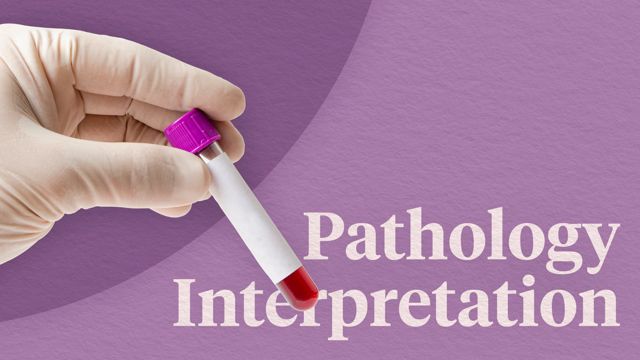






 New
New